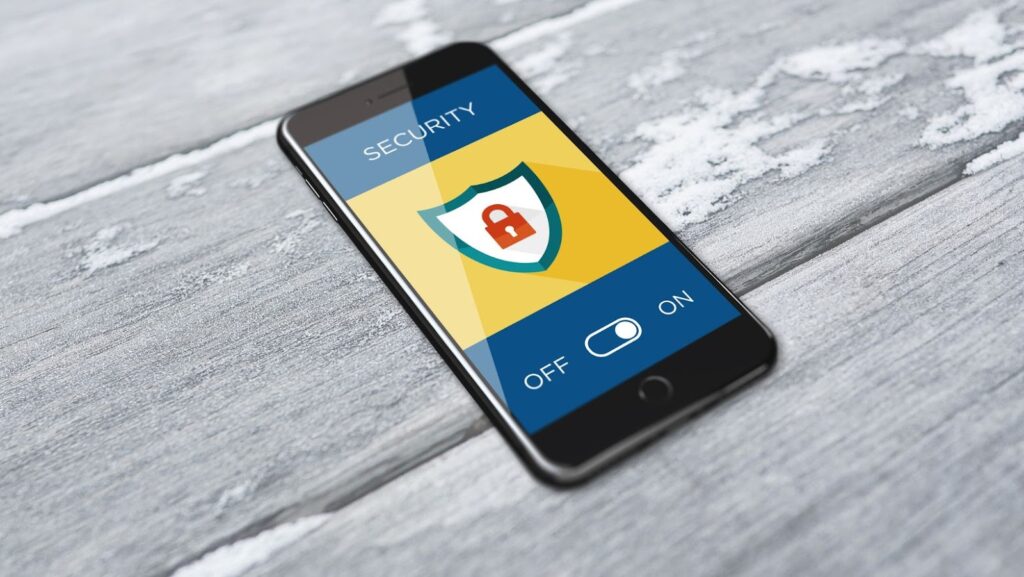
Even though the internet is arguably one of the best things to happen to our society, it can also be an incredibly dangerous place. There are plenty of things that can go wrong— particularly if your in your older years and may not be familiar with some of the latest scams. Besides scams, there are also privacy concerns that you should always be aware of.
So, while you should still feel perfectly encouraged to enjoy all of the convenience and enjoyment that the internet has to offer, you should stay aware of the most common threats, and you will be that much more likely to stay out of harm’s way.
Don’t Overshare
While it may seem tempting to share your seemingly innocent personal information, the truth is that there could be people waiting to get their hands on your information. One of the most common ways that people do this is with phishing questions.
For example, when you’re on Facebook, and you see a post that says something like “what’s your birthday and the first car you drove?” you may be tempted to join in the conversation and answer.
However, this is often a ploy to get your secret answers to websites like your online bank. Avoid answering questions like these, and keep things to a minimum when sharing. The more limited you are with what you share online, the safer you’ll be overall.
Be Wary of Where You Buy
Although websites may look legitimate, sometimes it may be a criminal trying to get your credit card information. So always be wary of where you buy from. Only buy from reputable merchants who have a secure website badge at the bottom of their page.

Rather than giving your credit card information, always opt for PayPal if you can. That way if you don’t receive the goods as promised, you can file a dispute with PayPal, who will get you your money back.
Use Anti Virus
Using an antivirus means that you’ll stay as safe as possible when browsing. In the event that you do come across a harmful file, the antivirus will catch it right away and delete it from your computer.
In addition to antivirus, you should always make sure that you avoid opening suspicious attachments. Whether it’s in a text message, e-mail, or even instant messaging, files can be sent from just about anywhere. So always make sure that you err on the side of caution.
Choose a Strong Password
When choosing your passwords, make sure that it’s something that’s hard to guess. Hackers are getting better and better at guessing passwords, so it’s important that you don’t choose something obvious, like your birthday in the name of your pet.

Above all, make sure that you don’t use the same exact password for all of your websites. All it takes is one guess, and someone will have access to every website you’ve ever signed into.






